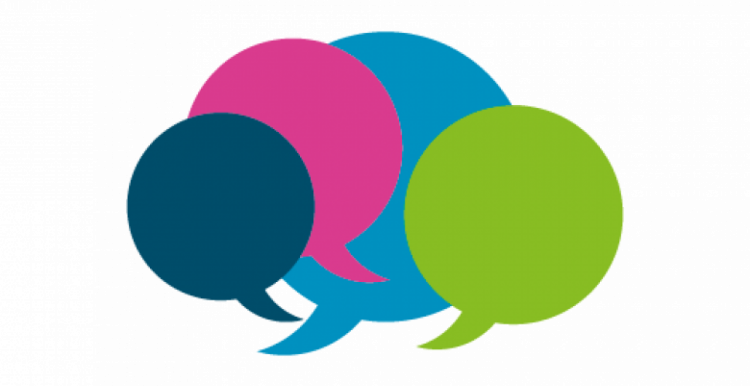Volunteer story - Coping with anxiety during the pandemic

Anxiety doesn’t just affect the young. Many of us who are older: parents, teachers,
doctors, carers, counsellors, business owners and other “grown ups”; people with
responsibility for helping, protecting and guiding others, can feel crippling anxiety at
times. It stands to reason: we feel the weight of responsibility, not just for our own well
being and mental health, but for that of others.
It’s great that anxiety is now recognised as a mental health condition and that people
are feeling more confident about admitting they are struggling with it. The word “anxiety” sounds so mild, but it can include mental and physical symptoms so bad that they leave people unable to cope with the demands of day to day life, or terrified that they are going to have a heart attack.
I’m a middle aged parent and teacher and I realise now that I’ve always had anxiety. I
don’t think it’s that unusual. An American writer in the nineteenth century wrote that
most of us “lead lives of quiet desperation”. In my experience of talking with friends,
relatives and students, that can be true of most of us. I don’t really like labels because I
don’t think it’s helpful to see ourselves as people with this mental health condition or
that mental health condition: it’s more useful to work out how we can help ourselves or
get outside help if we need to.
I’ve had two crises like that. The first was a few years after I received a terrifying health
diagnosis. I thought I’d dealt with it: done lots of research, embraced a super healthy
lifestyle and even had some counselling. I was a lot better physically but I hadn’t faced
up to my fear. I started having terrible anxiety attacks about work and realised they were getting out of hand. For me, an eight week, free course in Mindfulness Based Cognitive Therapy was an absolute lifesaver. It’s run by Tees, Esk & Wear Valley NHS Foundation Trust (TEWV), you can self refer without a doctor and you spend eight weeks in a group learning mindfulness techniques that give you so much strength in dealing with difficult feelings and situations.
During the pandemic the groups are running online. There’s a lot of vague talk about mindfulness and I didn’t think this would help, but I can honestly say it changed my life.
So I would say that anxiety becomes a major health issue when it stops being the “quiet desperation” we can all feel in bad patches and starts dramatically affecting our lives and the lives of those around us.
If I’ve learnt anything from 2020 it is this:
we’re all anxious and afraid at times and there’s no shame in it.
Thank you to our volunteer for sharing an open and honest story which hopefully reassures people they are not on thier own with how they feel.
